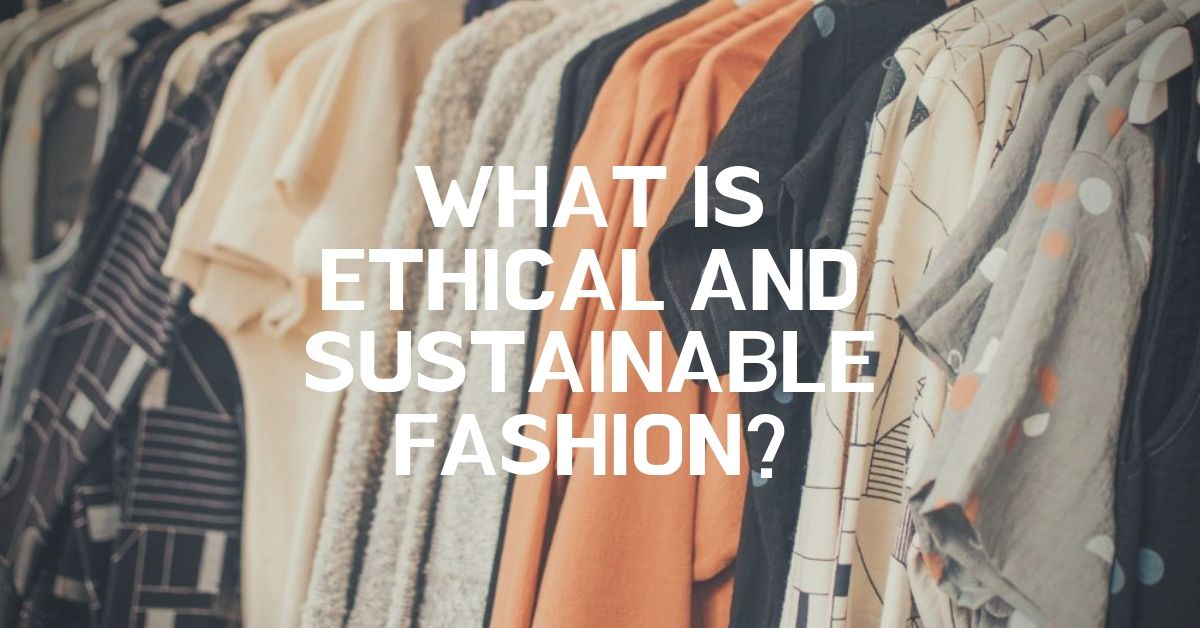
Did you know that the fashion industry is the second-largest polluter in the world? With fast-fashion brands pumping out collections several times a year, clothing has essentially become disposable – but not reversing the disastrous effects it can have on people working in large clothing factories and ultimately the environment.
That is why in recent years, more and more ethical and sustainable fashion brands have sprung up and created a worldwide movement on revolutionizing the way we consume clothes.
A study done by Common Objective shows that Google searches for “sustainable fashion” have skyrocketed to 46%, and for “ethical fashion” to 25%, just in the last six years.
So what is ethical and sustainable fashion, and how do you make the switch?
Read on to find out.
First, let’s define Ethical Fashion.
Ethical fashion is designing and creating clothes using methods that are kinder to communities and the people involved. This encompasses the entire production process from sourcing the cottonseed, to the finished clothing on the rack, emphasizing the fair treatment of all the people involved at every stage of the supply chain.
Brands that advocate ethical fashion ensure that all their hired hands are paid fairly for their skills, provide them safe working environments, and are appreciated for their skills as human beings, rather than just another cog in the wheel.
It is also an ethical fashion concern if animals were used to make a piece of clothing.
How about Sustainable Fashion?
Sustainable fashion shines a spotlight on the detrimental environmental impacts of the fashion industry.
It seeks to find the middle ground of creating beautiful clothing, while also having a lighter or neutral carbon footprint on the planet. A sustainable and environmentally conscious fashion brand incorporates this thinking in their design process and takes every effort to have minimal to no waste.
They consider their threads, fabrics, zippers, buttons, and where they’re sourced from. They also look into recycling fabric scraps, compostable swing tags, energy reduction, and biodegradable packaging.
Ethical vs. Sustainable
It’s important to note that ethically made is not always sustainable clothing, and sustainably made is not always ethical.
It’s a difficult balance but it’s something that many brands now are committed to improve and push to become the norm of the fashion industry in the future.


